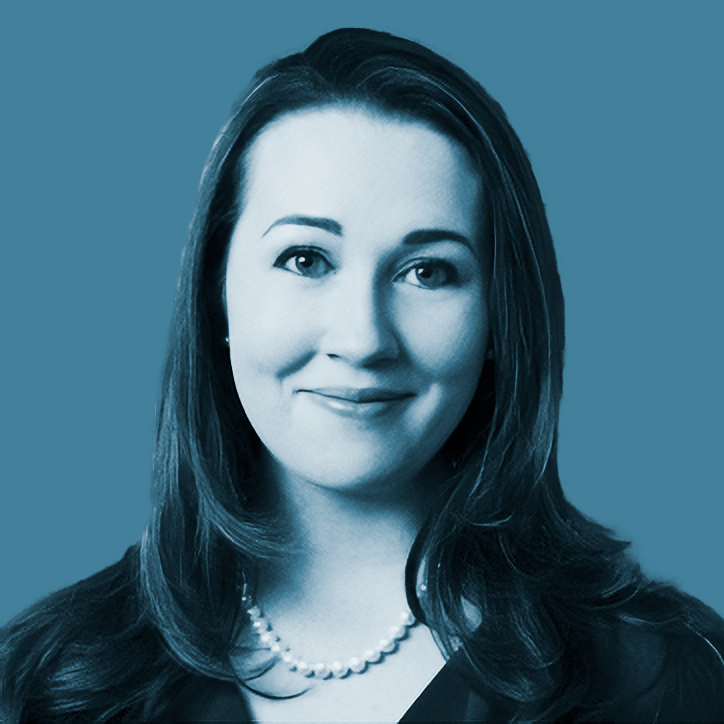Key Terms
- New York nurse home loan programs are specifically tailored to the profession, offering little to no money down and more flexible approval processes, making it easier for nurses to qualify despite potential challenges like high debt-to-income ratios due to student loans.
- These programs often feature lower interest rates than conventional loans and may include additional benefits such as down payment assistance, grants, or forgivable loans, significantly reducing the financial barriers to homeownership.
- While designed to accommodate the unique financial situations of nurses, including per diem and travel nurses, potential borrowers should carefully consider their long-term financial stability and the availability of these specialized loans in their desired areas.
From the majestic Adirondack Mountains to the scenic Finger Lakes region and the stunning beaches of Long Island, New York State offers diverse natural landscapes for outdoor enthusiasts to explore. It is also home to a rich tapestry of cultures and ethnicities, which contribute to its vibrant and inclusive communities. Above all, the Empire State is a cultural powerhouse, with world-renowned museums, theaters, art galleries, music venues, and cultural institutions.
New York State also boasts world-class healthcare facilities and medical centers, including renowned hospitals and research institutions. That’s why so many nursing professionals have decided to buy real estate and make a life here. According to the Bureau of Labor Statistics, 205,860 nurses live and work in the Turnpike State, where they enjoy the opportunities that come from the state’s significant medical infrastructure and amount of healthcare professionals practicing in the state.
However, the housing prices, which far outpace many across the country, mean that not every healthcare professional on a nursing income can afford to buy a new home. According to the FED, the median listing price of a single family home in New York is around $699,000, which puts a new home out of reach of many of the nursing professionals working in the state. Worse, many medical professionals have a high debt-to-income ratio due to them having taken out student loans, which may make them less attractive to lenders.
The good news is nurses do have options for becoming homeowners: through home loans for nurses.
What are the main advantages of New York nurse home loan programs?
A nurse mortgage gives borrowers specialized benefits and support tailored directly to their professions, which helps them achieve the goal of homeownership.
How does it work? To start, these programs often come with low down payment assistance. This assistance may come in the form of grants, forgivable loans, help with closing costs, or even deferred mortgage payment options, which removes a significant barrier for qualifying nurses who want to make a home purchase.
In addition, these assistance programs offer lower interest rates than conventional loans backed by Fannie Mae, Freddie Mac, or the Federal Housing Administration (FHA loans). Some of the best nurse mortgage programs in New York State have interest rates that are much lower than those associated with conventional mortgages. The reason for this is these programs are designed to make homeownership more affordable for nurses and protect their financial futures.
Finally, eligibility requirements (including credit score requirements) and loan terms are often more flexible than what you find with traditional mortgage loans. If you are one of the 1,130 certified registered nurse anesthetists, 188,060 registered nurses, or 16,670 nurse practitioners in the state, working with mortgage lenders and a home loan officer who understands your unique situation and can offer the best mortgage will be a big advantage during the home-buying process.
VA loans for nurses
Nurses who have served or are currently serving in the military may be eligible for VA loans. These tend to offer the best mortgage terms of all, as they typically require no down payment, are low interest, have low closing costs, and require no private mortgage insurance (PMI). Although borrowers need to pay a one-time fee of between 2.3% and 3.6% of the loan amount, it’s possible to pay this as part of the purchase price to avoid an additional upfront payment.
Can per diem and travel nurses receive nurse mortgage loans?
Receiving approval for a home loan is often more complicated for per diem and travel nurses because their income varies with each job and they may have employment gaps up to several weeks. Nurse mortgage options make homeownership a possibility for per diem and travel nurses and provide them with all the above benefits, including better down payment options and more relaxed underwriting.
To ensure they will be eligible, travel nurses should carefully document their work history, try to shorten employment gaps, and maximize their taxable income. The good news is lenders offering nurse loans will understand that you may have received additional pay to your basic income, such as through overtime and shift differentials, which should help you qualify.
When to consider a USDA loan?
Backed by the U.S. Department of Agriculture, USDA loans require no down payment and have lower interest rates, which makes them an appealing option for nurses. To qualify, you’ll need a credit score of at least 640 and must meet household income requirements. Nurses can use these loans to purchase a home in a designated rural area.
Refinance a mortgage with a nurse loan
It’s not just first-time home buyers who can take advantage of nurse mortgages — nurses who already own a home can use nurse home loans to refinance their current mortgage. This allows them to replace a mortgage with unfavorable terms with one that has benefits like a low interest rate. It is a particularly good option for changing to a fixed-rate mortgage from a variable-rate mortgage if your monthly payments have increased since you took out the loan.
Taking out a nurse mortgage in New York: a case study
Working at Mount Sinai is a dream come true for Monique. She worked hard to get herself through nursing school and is proud of all she has accomplished. Of course, affording an apartment in the city is nigh on impossible. Her home borough of Queens is looking better and better, but home prices have been going up there as well, since the hipsters moved in!
Just when Monique is about to give up and accept she will be a forever renter, her shift supervisor tells about nurse loans. With a nurse mortgage, she won’t have to put a huge down payment on a home. After doing some research, she finds a program that offers some impressive interest rates. By taking out a nursing mortgage, Monique is able to afford a great row house in Queens next to the subway, while still paying down her student loans.

Joshua Holt is a licensed mortgage loan originator (NMLS #2306824) and founder of Biglaw Investor. His mortgage expertise lies in the areas of professional mortgage loans, particularly for lawyers, doctors and other high-income professionals. Prior to Biglaw Investor, Josh practiced private equity mergers & acquisition law for one of the largest law firms in the country.










